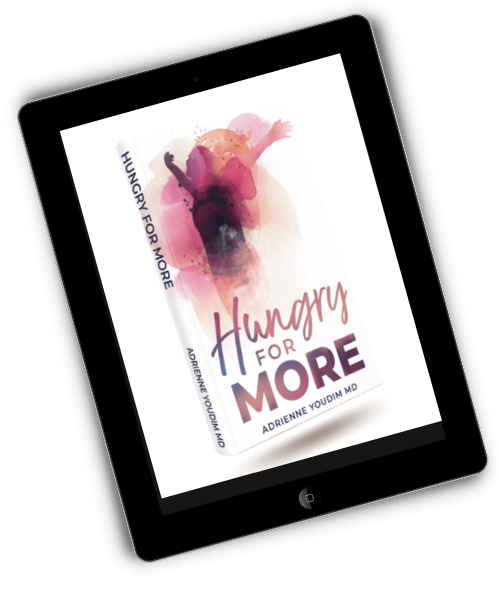I have been deeply affected by the current events in my parents homeland. By now you have likely heard about the woman led protests that have been ranging in Iran over the past 3 weeks sparked by the death of 22 year old Mahsa Jina Amini for improperly wearing her headscarf and inadvertently showing hair. She was taken into custody September 16 by the morality police and died 3 days later from head injuries sustained by police. While the government and police suggested she died from a heart attack, leaked reports and pictures reveal that she sustained severe head trauma, skull fracture and cerebral hemorrhage. There have been many more killed in the past few weeks, Nika Shakarami (17 years old), Sarina Esmailzadeh (16 years old) in the same brutal and horrific manner and many more named and unnamed woman who have been killed while courageously fighting for their basic human rights and against the systematic oppression they have faced for decades.
I cannot help but think of my own privilege. Thanks to my parents who immigrated from Iran over 40 years ago, I have had the privilege of being born in this country and taking advantage of the many blessings it has offered, not the least of which was to send my own daughter to college this month where she has the liberty to galivant around her college campus with wild hair and a crop top, where she no doubt is opining about climate change and politics with impunity. I cannot help but think, why them and why not me?
Feeling privilege can bring about many emotions, not the least of which is guilt. And it got me thinking…how can we make good on our privilege? How can we show our gratitude for our many blessings and honor those not as fortunate as us? One way is by not squandering them and by showing up for ourselves and our community in the best way we can.
Unfortunately, though, we get in our own way. While many of us are not faced with external oppression, we do subject ourselves to an internal oppression- one that takes the form of negative self talk, the inner critic, imposter syndrome and the many other ways in which we sabotage ourselves and prevent ourselves from showing up as our very best. This sort of negative self talk and negative thinking can have physical and mental health consequences. Excessive negative thinking is associated with depression, anxiety, and OCD. Studies have linked negative thinking to cognitive decline and a higher risk of Alzheimer’s disease. Negative thinking has even been shown to result in greater inflammatory markers and metabolic disease. And as many of us know, this kind of thinking, if left unchecked can also get in the way of achieving our personal and professional goals, in essence keeping us from showing up and making good on our privilege.
As a health advocate and weight loss physician, I always think about the ways in which negative thinking undermines our health goals as well. One flavor of negative thinking is labeling. For example, have you ever labeled yourself in a way that takes away your freedom for trying something new? “I could never run , I am not fit enough, thin enough, athletic enough, coordinated enough.” Studies have shown that merely thinking you are athletic makes you more athletic. In fact, one study measured this effect by physiologic treadmill test. Participants were divided into 2 groups, one group was told that their blood test revealed the presence of a bogus gene that made them “athletic,” while the second group was told they did not have this bogus gene. Believe it or not, those that believed they possessed this gene performed better on subsequent treadmill test while the other group performed worse. Labels are a form of self- oppression, limiting our freedom and ability from trying something new and the opportunity to succeed.
So, What can be done?
1. Be aware. Notice the negative thought and instead of engaging, say to yourself, “Oh, there’s that thought again.” Awareness is the first step to creating substantive change in the way you think.
2. Don’t judge your thoughts. Remember that thinking/ruminating/reviewing is an evolutionary mechanism that has evolved to keep us safe. So don’t judge yourself for overthinking or having negative thoughts- focus that bandwidth towards redirecting your thoughts towards something productive.
3. Create distance between yourself and the thought. I will never forget the first time someone told me, you are not what you think, and you don’t need to believe everything you think — genius!
4. Question the thought and turn it around. Is your thought really true? Is it true that you failed or is it just that you slipped up? Question your thoughts and reframe it in a way that is more positive and actionable.
5. Have positive self-acceptance. You can set goals and yet accept yourself as you are. You can acknowledge setbacks and yet accept yourself as you are. Positive self acceptance is associated with successful habit change and doing so means everything about your ability to move forward.
Are you showing up as your best self or are you sabotaging yourself with negative thinking? Are your thoughts and words empowering or disempowering you? Lets show our gratitude for our blessings by taking them in, embodying them fully and showing up for ourselves and our community with self-determination, confidence and grace.
Praying for the safety of those in harms way.
xx,
dr. Adrienne


